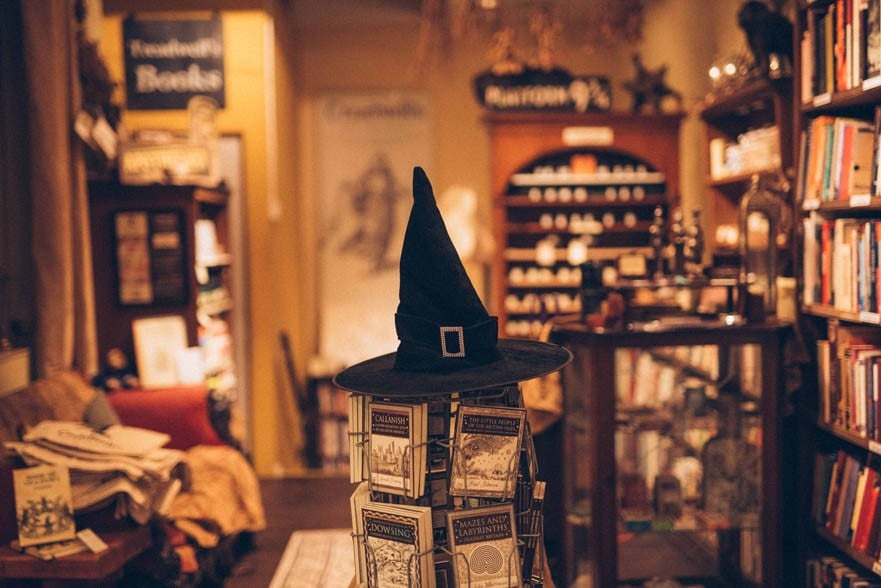
A personal look at a city that offers enchanting little bookshops and labyrinthine libraries at every corner

London is littered with the landmarks of my childhood. For every child reared on a healthy dose of stories, there is some familiar place in this old city, whether it is King’s Cross or Baker Street.
As you grow older and keep reading, the list you compile mentally of all the places you want to see in London gets longer, including the list of bookstores. Thus it was, that the day I moved here, I set off to find the London Review Bookshop in Bloomsbury. After the Pakistan Post lost my copies of the LRB multiple times, I was forced to cancel my subscription and the temptation to walk into the shop and buy myself a copy of the magazine was too great to put off for some other weekend, post-"settling in".
Incidentally, this was also how I discovered the location of the British Museum.
Waiting for my flight to London the first time I visited some years ago, I sat at the airport watching 84 Charing Cross Road on my phone. Based on Helene Hanff’s novel of the same name, it reinforced the relationship between books and London for me.
I didn’t get a chance to visit Charing Cross Road then, the pressure of visiting tourist spots with the rest of my group being too great. There was also the fear of getting lost at that time, a fear that has been alleviated with the massive improvements to Google maps, making most cities immensely walkable.
And walking in London yields the most valuable experiences, whether it is coming upon names half-forgotten or entirely new places, which you’d never thought existed. Of the former variety was my encounter with Heywood Hill, the workplace, almost a century ago, of my favourite author, Nancy Mitford. I went to the Curzon Theatre in Mayfair to see an Iranian movie as part of the British Film Festival early in October, and on my way back, lost in thought, I saw that bookstore across the road. In the whirlwind of trying new things and places, I had almost forgotten all about it.
An independent bookstore styling itself "the biggest little bookshop in the world", Heywood Hill is one example of the strong tradition here of independent bookstores, with carefully and lovingly curated collections of books.
If browsing at a bookstore is an experience unlike any other, this curating turns it into an adventure, giving one glimpses of paths unexplored. One book leads to another and before you know it, you have a bibliographic education in travels through Constantinople with footnotes containing the names of all adventurers who’ve attempted them. It’s like Amazon’s "other books you might like" in physical, and far more exciting, form.
The independence of a bookstore may range from the basic form of arranging all books according to country with a focus on travel (as with Daunt Books in Marylebone) to the very entertaining form of Treadwell’s Books in Bloomsbury which specialises in the occult, going so far as to offer its customers magic spells in a dim candlelit interior.
I must admit that the first time I visited the latter, I was unnerved enough to beat a hasty retreat and return for a second look only weeks later.
If the state of a nation’s intellect is to be judged by its bookshops and libraries, Britain is in fine fettle indeed. The British never let a good literary opportunity go to waste -- one has only to observe that this year marks the 20th anniversary of the publication of Harry Potter and the Philosopher’s Stone. The British Library is therefore holding an exhibition, entitled ‘A history of magic’, ostensibly an ode to Potter but in actual fact a much larger scheme to educate its viewers about magic, and pique their interest in other explorable avenues.
Without giving out spoilers, I would like to mention the display therein of original manuscripts of magical writings, borrowed from museums around the world, from France to Ethiopia, going back centuries, and owned by people as varied as Nicolas Flamel and Henry VIII.
There is something in London for every type of reader. If one is the sedate reader, partial to literary events, there is something to be found every week. Due to the fortuitous circumstance that most prestigious literary awards are British, one can always look forward to some surprise or the other.
Something of this sort happened to me the day after the Booker prize was announced. I found myself at Foyle’s on Charing Cross Road, listening to George Saunders and receiving "requests" (in capital letters) via message from friends to get copies of his book signed for them.
There is also plenty for the hipster at the other end of the reading spectrum. The day I was supposed to be writing this article to meet my deadline, I took my procrastination to the other level by convincing myself that going out and photographing bookstores would yield more inspiration. I ended up in Shoreditch and despite my conviction that I would definitely not find more material than I already had, I found a small bookstore in a back alley dealing solely in art and photography books. The variety of magazines on the subject, in multiple languages, was enough to make even the most cultured aesthete’s head whirl.
I plan on going back again, certain that there is another bookshop around a corner I haven’t stumbled upon yet.